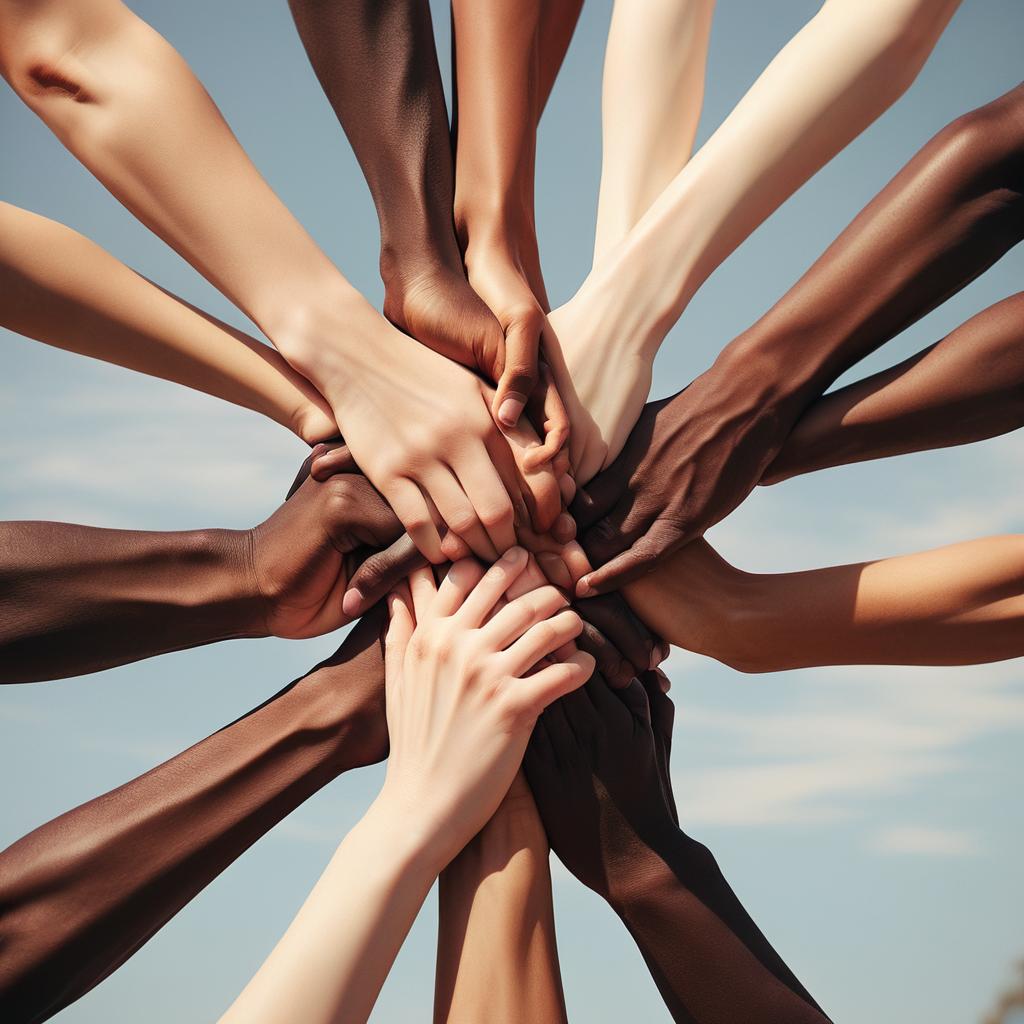Vijesti ROMI.HR
/The International Day for the Elimination of Racial Discrimination is a chance for us to unite against racial prejudice. On this day, we embrace our differences by promoting solidarity with marginalized communities and building a world of justice. We have come a long way in our battle against racial discrimination, but we can’t forget that the struggle still continues. In Croatia Roma people suffer from exclusion from society and unjust treatment because of the color of their skin.
Let us continue the fight for a free world without stereotypes.
On the 21st of March, we, as a society, unite to combat racial discrimination.
In 1960, in South Africa, citizens of Sharpeville peacefully demonstrated against segregation of non-white people – apartheid policy. This event turned out to be a massacre when police officers opened fire, and 69 protestors, who decided to raise their voice peacefully against discrimination, were killed.
This devastating event reminded our society once again of the necessity of continuing the elimination of racial discrimination all around the world and for this struggle to be recognized on the international and governmental level. In 1966, the United Nations proclaimed March 21st as the International Day for the Elimination of Racial Discrimination to call on the international community to reinforce its efforts in combating racism and establishing unbiased and equal rights for everyone.
Since then, the International Convention on the Elimination of Racial Discrimination has been adopted to build a more tolerant and inclusive community. Still, many individuals and minority groups suffer from dehumanization and marginalization in society. That is why, on March 21st, we are calling for promoting respect and fundamental freedom without any distinction in terms of race or color of skin.
Why is it important?
On the International Day for the Elimination of Racial Discrimination, people around the world should unite its efforts to raise awareness about discrimination and prejudice, promote tolerance, to declare once again that solidarity should know no colors. It is time for us both to remember the progress we made on the way to equal and tolerant societies and to acknowledge what is still to be done to reach our aim and spread diversity around the globe.
This day serves us all as a reminder to embrace our differences and share them, as that is what makes us truly unique. Unfortunately, these days we still see that a lot of minorities and indigenous people suffer from their dignity being denied and human rights being violated.
Roma people in Croatia
In Croatia, Roma people, despite having been settled for a long time on the territory of today’s Croatia, have a continuous history of marginalization and social exclusion.
The antipathy towards Roma people has always been connected with deep-rooted prejudice based on the color of their skin, as they originated from north-western India, their low socioeconomic status, and the fact that they live in peripheral parts of the cities/villages, which caused a lack of integration among the Roma community and the majority of the population.
Constant racism towards Roma in Croatia gradually developed into a stage of the Genocide, or Porajmos. Porajmos is the term used by a significant part of the Roma community for Genocide, committed during World War II. On the territory of nowadays Croatia, the Roma community was a victim of Genocide, when members of the Ustaše movement, who were allies with fascists and Nazis, destroyed almost the whole Roma population. Only several of those Roma communities that lived under Hungarian occupation in Baranja and Medimurje regions during this time managed to survive, and that's their descendants, who now represent the majority of the current Roma population in Croatia.
To this day, there is a gap between the majority of the population and Roma. They face a lot of challenges, such as hate-motivated harassment and the practice of residential and school segregation. Numerous surveys say that Roma people are being discriminated against in their access to housing, health care, employment, and participation in the conduct of public affairs. This leads to increasing marginalization and social resentment towards the Roma community, which makes it a vicious cycle of resentment in all spheres of life.
A lot of efforts are being made to raise awareness about the systematic discrimination that Roma people face every day. Still, such cases are seldom reported in the media, or it’s only a negative representation, and we should see this day as a chance to fight against racial stereotypes and social stigmas, while empowering and supporting the Roma community.
It is highly important that we recognize these problems not only on the International Day for the Elimination of Racial Discrimination, but throughout the year to strive to establish a more inclusive society worldwide.














